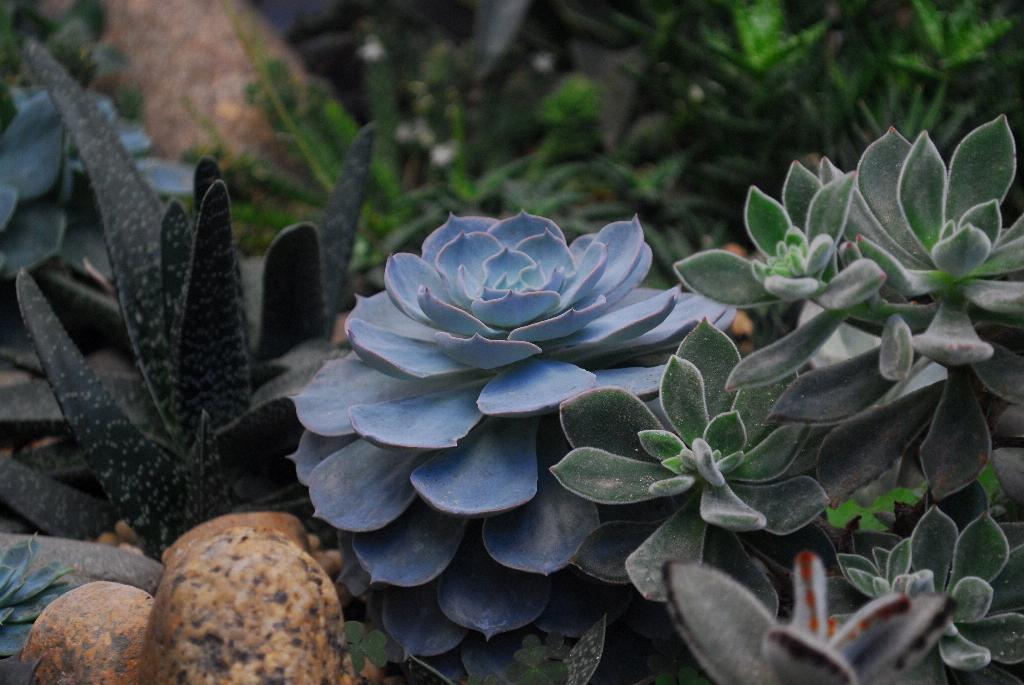When it comes to the question of whether cats eat succulents, the answer isn’t as straightforward as one might think. Cats are known for their curious nature and penchant for nibbling on plants, including indoor greenery.
It’s important to note that not all succulents are toxic to cats. In fact, the majority of succulents are considered safe for feline friends to be around. However, there are a few types of succulents that can be harmful if ingested by cats.
One such example is the poinsettia, a popular plant known for its vibrant red leaves during the holiday season. Poinsettias contain a milky sap that can cause irritation to a cat’s mouth and stomach if consumed in large quantities.
Another succulent that pet owners should be cautious of is the jade plant (Crassula ovata). This plant, also known as the money plant or money tree, is toxic to cats if ingested. It’s essential to keep jade plants out of reach of curious felines to prevent any potential harm.
While most succulents are safe for cats, it’s always a good idea to monitor your pet around indoor plants and take precautions to ensure their safety. If you suspect that your cat has ingested a toxic succulent, it’s crucial to contact your veterinarian immediately for advice.
Cats may be attracted to succulents for various reasons, such as the texture of the leaves or the appeal of the plant as a new plaything. It’s essential to provide alternative toys and distractions for your cat to prevent them from exploring potentially harmful plants.
Some pet owners choose to create designated “pet-friendly” areas in their homes where they place non-toxic plants that are safe for cats to be around. This way, both you and your feline companion can enjoy the beauty of indoor greenery without the worry of potential toxicity.
If you’re unsure about the safety of a specific succulent in your home, it’s best to do some research or consult with a veterinarian before introducing it to your living space. Being proactive about pet safety can help prevent accidents and ensure a healthy environment for your cat.
Training your cat to avoid certain plants can also be beneficial in preventing them from nibbling on potentially harmful greenery. Positive reinforcement techniques and redirecting your cat’s attention can help deter them from exploring plants that may not be safe for consumption.
Overall, while cats may show interest in succulents, it’s essential for pet owners to be aware of the potential risks associated with certain types of plants. By taking precautionary measures and being informed about plant toxicity, you can create a safe and enjoyable environment for both you and your feline companion.
In conclusion, while cats may occasionally nibble on succulents out of curiosity, the majority of these plants are safe for feline interaction. However, it’s crucial to be mindful of toxic varieties like poinsettias and jade plants and take steps to ensure your cat’s well-being around indoor greenery.

